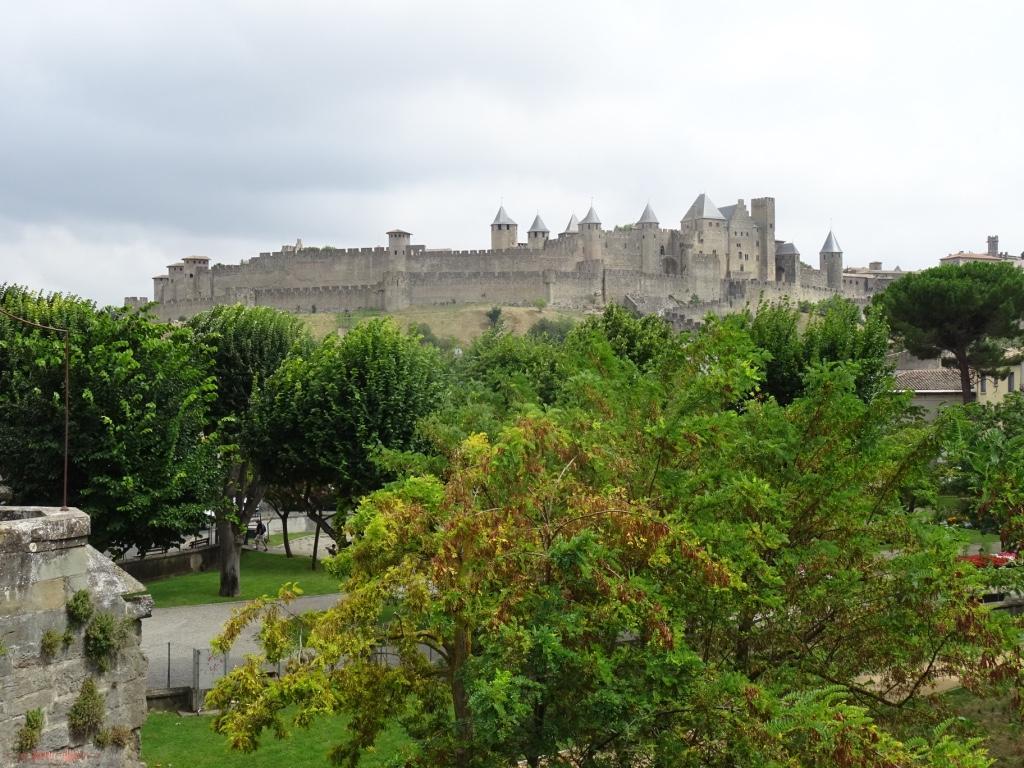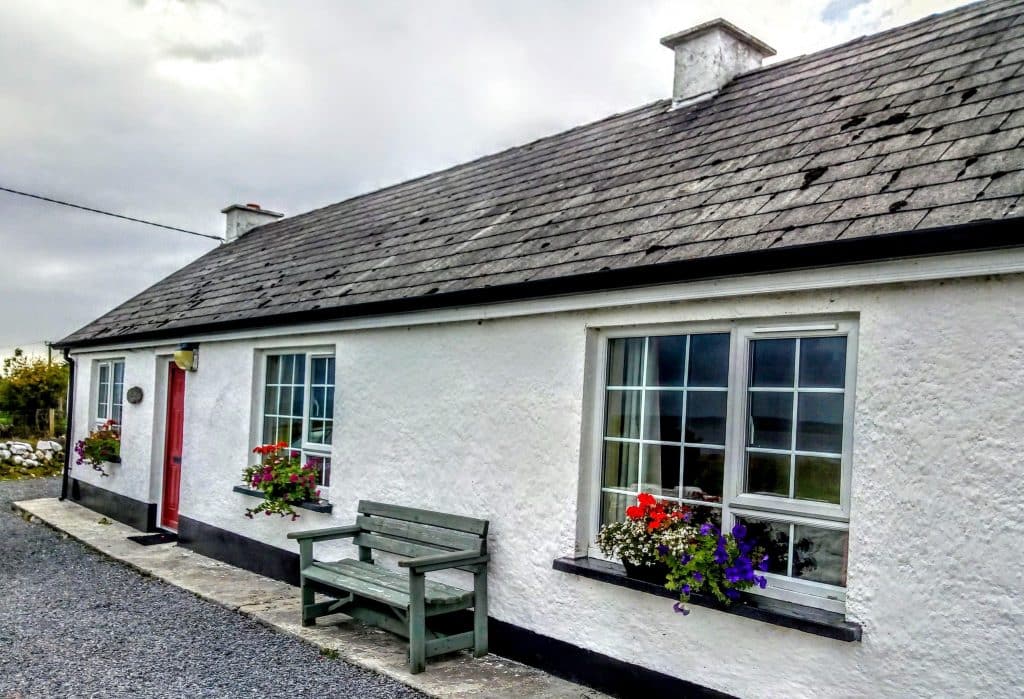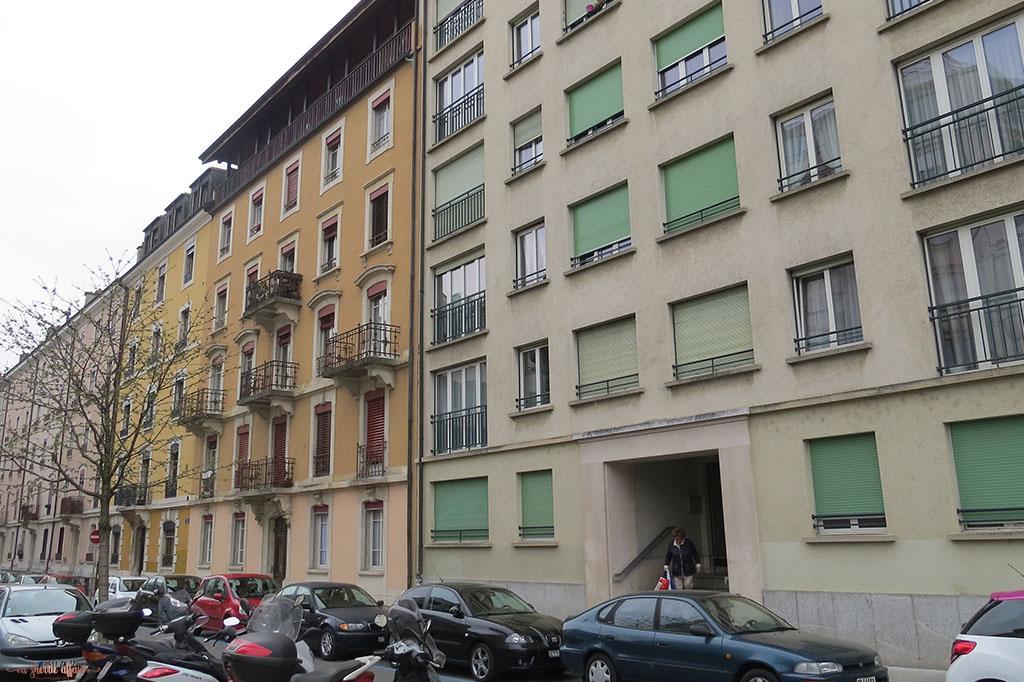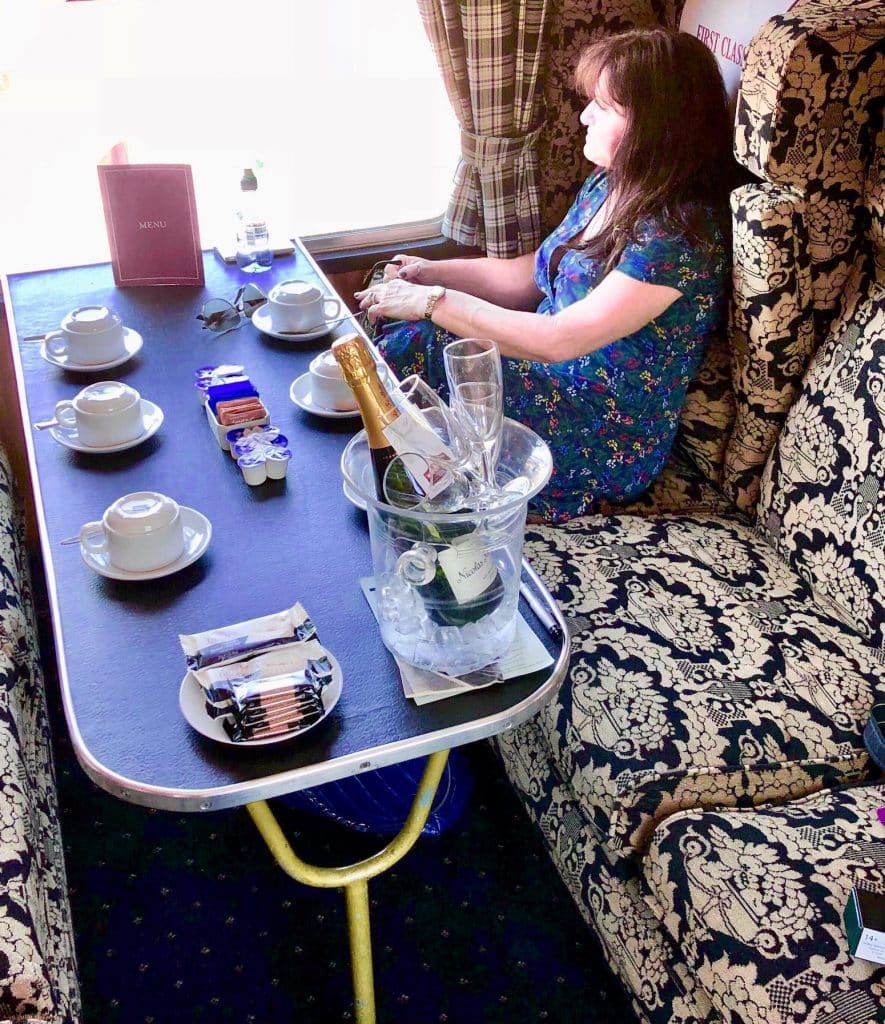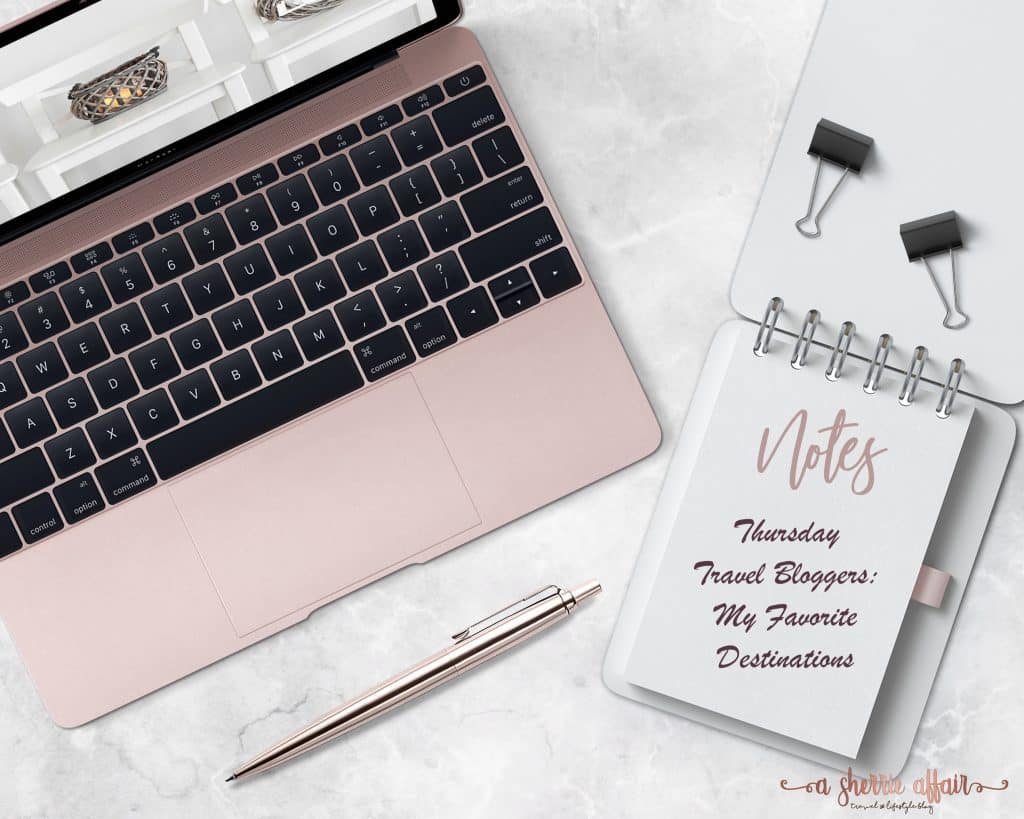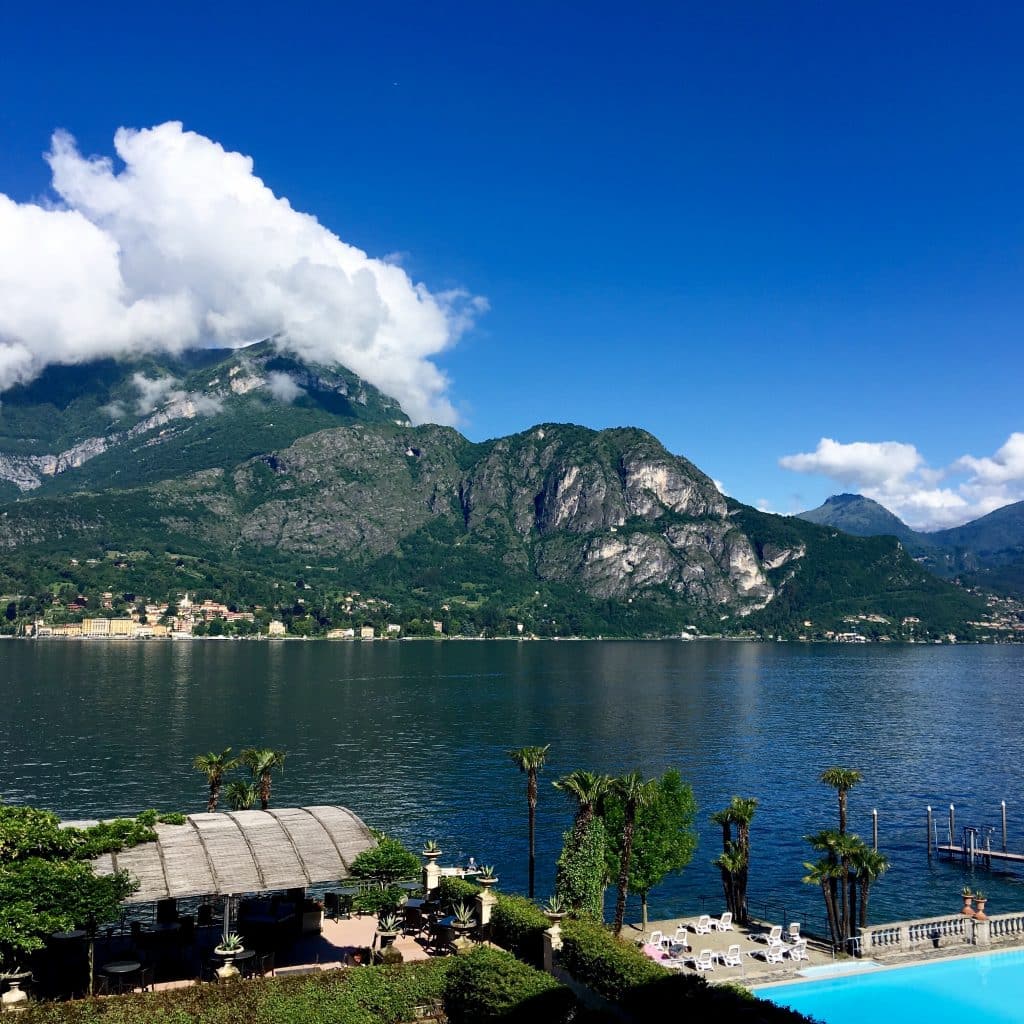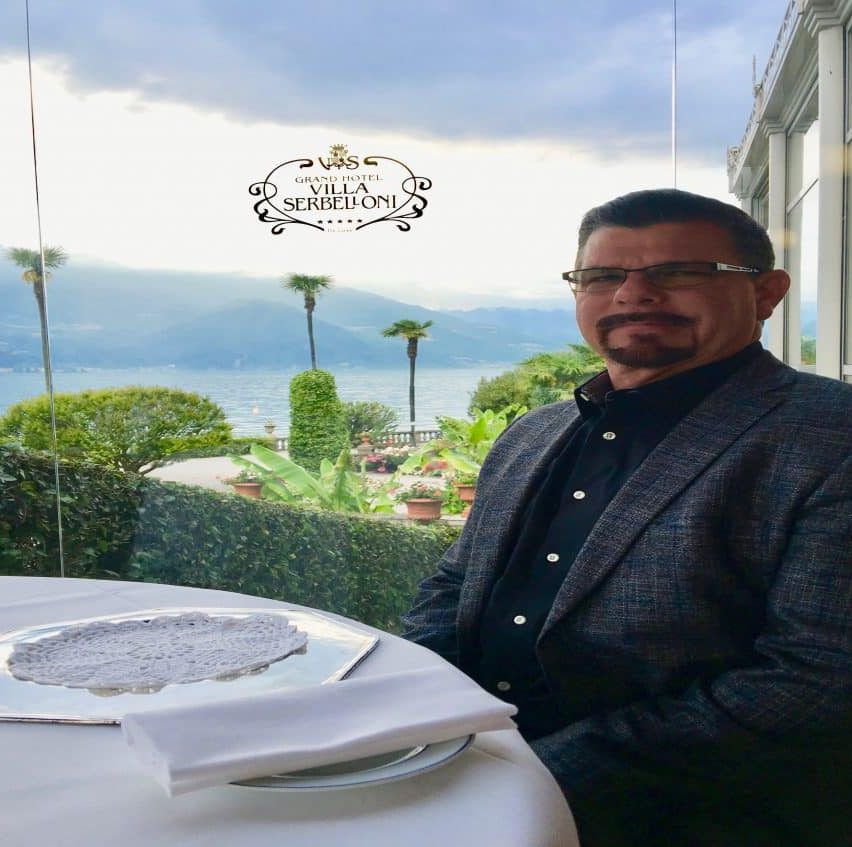
Buying a Home in Italy and Other Home Abroad Stories
Buying a Home in Italy and Other Home Abroad Stories
The Desire to Purchase a Home in Another Country
Traveling to Europe has been a passion for my husband Kevin and myself for some time now. It was not a surprise really when we began a few years ago discussing our desire on buying a home overseas. A holiday home abroad. We wanted to try not just visiting another county but experience life in another country. This is our story about buying a home in Italy with a bonus. We have a lot of questions, hence a call to fellow Travel Bloggers to share their experiences of living in another country, tips for moving to another country, how to adapt to a new culture and more.
I Want to Buy Property in a Foreign Country, but where?
In the beginning we wanted to buy a holiday homes abroadin every country we visited. Beginning with Italy. Didn’t we all go through the “Under the Tuscan Sun” stage? Next we discovered France, Provence to be more specific; lavender fields, markets every day spent in different towns and the croissants. Greece, we loved the people so much and could see ourselves with a white little villa with a blue door on Crete. Let’s not leave out England, yes I wanted a vacation homein the Cotswolds’ with a thatched roof, again picture the movie “The Holiday”, Amanda Woods, a Hawaiian timeshare, a home next to a vineyard in Sonoma. Then of course there was a Switzerland chalet (even though we do not ski), an Ireland cottage, a German apartment in Baden Baden. For one split second we even thought about Iceland in a little cottage around the Golden Circle. The latest was Scotland, in the Highlands on a Loch. So, you are getting the picture right?
Just a few months ago we began to get a little more serious in our searching for international propertyendeavors. The must have’s list was soon developed.
- An area where we could make a home base to visit and explore other European countries and cities.
- Being near water was important. We love the lakes more than the sea.
- Convenient to get to
- Less touristy
- A home authentic to the area
- A view
What got the itch going was another movie you may recall “Only You” with Robert Downey Jr. Our 1st trip to Italy was booked soon after. I’m Italian and have been brought up with a strong Italian background, which Kevin has adopted in his love for wine and cooking Italian food. I believe we have vacationed 8 times now in Italy with several trips to Northern Italy. One trip actually had us researching my ancestors. Our focus soon began to narrow on the Italian Lakes region. Problema risolto!
Looking for that Overseas Property Investment
A huge thanks to the internet making it a lot easier and convenient to find homes for sale in foreign countries. I was intrigued with Lago d’Iseo, Italy’s fourth largest lake. You don’t hear about it very much, it looked to be quieter and less touristy. Like it was meant to be I found a few holiday homesfor us to investigate further. Two weeks later we were at Lago d’Iseo viewing holiday villas abroad for sale. Our first choice from our list of villas abroad sold the day we were flying to Milan. A little discouraged but not heartbroken we viewed a beautiful modern home, but we were looking for authentic Italian home. On the second home viewing, which was our original second choice, we were sold. It had our whole check list and more. It is actually two homes made into a villa (up and down). There could be something about this number 2 thing….
I am very grateful Kevin read up on how to buy a house in a foreign country because that helped us out hugely. Real estate rules and laws are very different in Italy compared to ours in the United States. Just completing a Bank of America transfer money to another country transaction had its issues.
A few points and tips on being prepared for buying a home in Italy:
- You are required to put down a 10% deposit before the offer can even be made to the owner of the property.
- Once the offer is accepted you will loose your 10% deposit if you back out of the deal
- If the owner for any reason decides to cancel the offer after acceptance, the owner will be required to pay double the deposit and possibly other expenses to the buyer
- When an offer is made the home can not be shown to any other buyers until the offer is turned down by the owner
- Homes in Italy purchases close usually no earlier than 90-120 days.
- A notary will be used for all paperwork, it will be in Italian
- It is a good idea to obtain a lawyer to make sure all paperwork and the home is inspected by an architect.
It all worked out an we are ecstatic about our new overseas house. Now to read some wonderful stories and great advice on setting up a home abroad from these amazing Travel Bloggers!
This site contains affiliate links to products. We may receive a commission for purchases made through these links.
Buying a Holiday Home in France
Eight years ago, my husband and I bought a house in the south of France and it has been very much a rollercoaster experience. Here are a few things I have learned in the process.
Not speaking French was a huge disadvantage from day one. Fortunately, the Australian guy we bought the house from spoke reasonable French so he was able to translate on our behalf, even for the first few months after we had become the new owners. From then on, it became quite tricky. Every time a letter arrived in the mail from France, I would panic – What does it say? What is this bill for? Google Translate has been my saviour on numerous occasions.
Our intention was to carry on operating the house as a holiday rental as the previous owner had done but initially we struggled to find good, reliable caretakers/cleaners to prepare the house for guests and clean it after they left. When you live across the other side of the world, there are plenty of people who have no qualms about promising a lot and delivering a little, so be sure to get good references.
Likewise, if you need any repairs or maintenance done, ask local acquaintances for referrals and get a couple of quotes. We have received quotes varying by hundreds of euros for the same job!
There is a LOT of red tape to get through before anything happens in France so don’t expect things to happen quickly. It took six months from the date of us signing the purchase contract for the property to officially become ours.
It’s definitely worth paying to have any official documents translated into English, including the insurance policy attached to your mortgage (our house was purchased with a mortgage through a French bank) so there are no nasty surprises if you need to make a claim.
We’ve had many frustrating moments during our ownership but we’ve also enjoyed lots of fun times staying in our own house in France.
Contributed by Carolyn Schonafinger, Holidays to Europe
Check out Carolyn’s Facebook page
Making a Home in Ireland Again
Luckily, my husband and I were born in Ireland so it was quite easy for us to get an Irish passport, which made moving here a little easier. We also house and pet sat the length of Ireland (north and south) which helped us choose where we wanted to live.
Having said that although that part was easy, the government in Ireland doesn’t make it easy for Irish immigrants to move “home”. The confusing mass of rules and regulation for getting registered as a citizen are beyond the ridiculous.
It can also be a crazy expensive country to live in depending on where you choose to live. Dublin for example is one of the most expensive cities in the world and rents are simply extortionate. Air BnB has a lot to answer for in as people are getting greedy and only renting during the tourist season, which is more profitable. If you are looking to rent work on the out of season months.
Driving here is much easier than you would think but insurance is considered expensive by the Irish, although we found it much cheaper than Canada. If you can bring with you a no claims letter, you can find some companies, which will honour it. However, we are supposed to be able to switch a Canadian license for an Irish one with a big huge BUT it will only be an automatic one and most cars here are manual. So we have to go through a test again. US licenses are not transferable.
Health care is something you pay for here a doctor’s visit will cost you up to €50 Euros a visit. However, prescription meds are ridiculously cheap and I can get 6 months of Diabetes meds for less than what I paid in a month in Canada.
The people, the sheer beauty of Ireland, the fresh local food and an emphasis on community and family make Ireland an amazing place to live. That and the fact that there is no snow and no humidity makes me a happy Irish/Canadian.
Contributed by Faith Coates, visit her Facebook page too.
Living and Loving a Home in Spain
Ten years ago I moved to London from South Africa. More recently, I lived in Barcelona for three months. The biggest obstacles I faced in both cases were my own shyness about approaching new friends, and embarrassment that I’d look stupid not knowing how things worked.
I settled in and enjoyed my time in Barcelona *way* more quickly. That’s because I knew I had limited time there and I was determined to love every moment, which encouraged me to dive into a sociable and adventurous life immediately, despite feeling a little shy and clueless. My top tip for people moving to a different country is to seek out activities and groups that interest you right away — and I say that as a hopeless introvert. Not only will doing something you love prevent you from feeling homesick, but you also won’t be able to help making friends.
In Barcelona, I enlisted for weekly Spanish lessons, went on MANY free city tours, and joined Meetup.com and discovered this amazing life drawing class. It takes place in an incredible old building in the Born area of the old town, with epic high ceilings and gorgeous light. I googled “yoga in English Barcelona” and went for Saturday morning classes in Ciutadella Park or this studio in Raval (the best yoga classes I’ve yet discovered). Every one of these experiences led to happy days out and in many cases new friends that I got to drink wine and explore Barcelona with.
Contributed by Maire Bonheim at Temples and Treehouses
Check out Marie’s Instagram account
From Australia to Papua New Guinea to Argentina to Texas!
My husband and I – both Australians – have been expats for seven years. I work in media relations for a Fortune 50 company and made it pretty clear early on that I wanted to work around the world. I finally got my wish, and we moved to Papua New Guinea for four years. After that, I was transferred to Argentina, and now we live in Dallas, Texas.
Since we’ve been expats we’ve always rented a place (paid for by my company). After so many years of renting, when we moved to Dallas we decided we wanted to own our own home again. We don’t know how long we’ll be here for, but we got tired of having to report to a landlord. Property prices here are also far cheaper than in Australia so we know it will be a great investment in the long run.
Our first challenge was finding someone who would lend us money. Having a good credit score is so important in the U.S. Luckily, I’d been working hard on this since we arrived. This would be my biggest tip for anyone moving to the U.S., regardless of whether you plan to buy a house. Work on your credit score straight away: get a credit card, a car loan, pay your bills on time.
Once we decided we wanted to buy, it was pretty easy – we found a house that was literally across the street from where we’d been renting! The buying process was fairly straightforward, except for when we got a call one day just after Christmas saying our loan had fallen through. If you’re an expat in any country buying a house, make sure you find a mortgage broker or lender who truly understands your situation as a foreigner. It will save a lot of hassle and stress. In the end, we found another bank and everything went through fine.
One of the expenses we hadn’t anticipated was property tax. In Texas you don’t pay income taxes, but you get stung with an enormous property tax bill – we pay $12,000 a year!
When we finally moved in, it was so exciting. We were able to re-decorate the kitchen and replace the countertops, paint the interior and buy new furniture. It’s so nice to finally have our own home again.
Contributed by Rebecca Arnold from Rebecca and the World
Buying A Home in New Zealand
We moved to New Zealand and fell in love with it.
There was just no turning back, we knew it.
So we decided to buy a house.
Tip #1: visit the house a few times before deciding, see how it is when it’s sunny, but also when it’s raining, when it’s dark, during the day. It’s super important!
Buying the house was, actually, the easy part.
Furnishing it and making it a home, was a whole other thing. We didn’t have too much money left and, with 4 kids, we had a lot to buy and do (around the house and elsewhere).
Tip #2: leave enough money (which means more than you plan) to furnish, renovate, and play around the house. There’s always this or that little thing that needs to be done and they are so much more expensive than we think!
One thing we wanted to do was to buy local and from small businesses. It didn’t work every time, but we found some great things that way (like an outstanding wool mattress that was used for 10 years and was still perfect!).
Tip #3: choose quality, at least for the important things you’ll use the most. It’s worth it!
And we learned to prioritize! We knew we wanted good mattresses, but since we had no more money, we put the mattresses on the floor and saved to get a bed later on. We wanted a clothes dryer, but we needed a good washer, so it ended up never happening. And it was OK!
Tip #3: prioritize! Choose what’s most important and leave the rest for later. You may even find you don’t really want it after all.
Contributed by Thais Saito at World Trip Diaries
Having a Home Abroad in Portugal
One of the challenges of moving to a new country is knowing what you should ship and what you should buy when you get there.
In Portugal, for example, the cost of living is much lower than the UK and Ireland where I lived before, but many items like appliances, electronics, furniture, and household items like cooking utensils are more expensive. There’s also less variety, and often it’s hard to get the specific product that you’re looking for.
Some companies, like Amazon, will deliver some things to Portugal but often it’s down to the individual seller. If the seller is willing to ship to somewhere like Portugal, which isn’t always the case even for fairly light items like a kettle or juicer, the shipping costs can be unreasonably high. You can sometimes get around this by using a mail forwarding company, but this isn’t always cheap either.
Some things may not be worth bringing over. Beds in Portugal, for example, come in different sizes to those in the UK which means that the mattresses, pillows, duvets, and sheets are going to be the wrong size for your bed. There are some expat-focused companies that stock these items, and smaller items like sheets and duvets can be bought online, but it would obviously be easier if you could pick these items up at a Portuguese shop.
You’ll need to sit down and have a think about the different things you’ll need to buy for your new place and decide whether it’s best to buy them beforehand or when you get there. It’ll involve spending a lot of time comparing prices between shops in your new and current country but, in the long run, it’ll save you time and money.
Contributed by James, check out his Pinterest account Portugalist
Londoners Purchase Home in Martha’s Vineyard
We purchased a home in Martha’s Vineyard off the coast of Cape Cod in Massachusetts in 2008. The financial crisis was in full swing and we bought a mostly-completed house. A small developer had built the house speculatively and he needed to get rid of it. I was never one to resist a bargain..
Why this house? We loved Martha’s Vineyard for its family-oriented fun in the summer and knew the island was a place we would be happy to visit every summer. Our twins were two years old and the amount of stuff you needed to carry to vacation with twin toddlers was mind-boggling. With our own home, we could leave stuff behind and stay put for the summer.
We knew our house was the one as soon as the kids ran out of the car and started chasing each other (and the realtor’s dog) around the back yard. In London, we had a postage stamp of a back yard.
Buying the house was the easy part. Furnishing it was more of a challenge. We were living in the UK and had all of our credit cards with a UK address. It’s very hard to buy stuff online on a US website to a US address with a UK credit card address. The computer system just doesn’t recognise the billing address which looks different. Never mind that the UK credit card was flagged for fraud because it was buying items in the US.
We solved this problem by finding a couple of stores that allowed me to call in the credit card for them to process the information as if I were in-store. Once the house was furnished, our caretaker keeps an eye on our house for the 10 months of the year we are not there.
We love our summer home and have many happy memories with friends and family at the house. Our Vineyard is where our children learned to swim, ride bikes, and much more. It’s the American summer that I always wanted for our Anglo-American family but oddly also, very similar to the summers my husband spent growing up in Devon, England.
Contributed by Shoba George of Nylon Living
Setting Up A Home Abroad in France
When we first moved to France, we were eager to find a house to make our home. We set about deciding which town to live in, but we didn’t know then that finding the right town was the easy half of the equation! House hunting in France can be a frustrating process. Unlike in New Zealand (my home country), where houses are ‘marketed’ with plenty of professional photos and detailed descriptions, in France house ads are a no-frills affair. You’re lucky if all the necessary information like the number of rooms and the section size are included, and most ads are accompanied by 2-4 ‘as is’ photos of the property. No house staging here!
But the most frustrating aspect of buying a property in France is the secrecy surrounding the location. You won’t find out the address of the property until you visit with an agent. Often wasting both the buyer and seller’s time if the area is unsuitable. This stems from the fear that by knowing the address, you may approach the owner directly, effectively saving you the 4-8% agents fees. And it’s a valid fear – we managed to track down the location of our second home in France via Google maps (thank goodness for distinctive looking pools!) and saved €40k in doing so. Just make sure you do your sleuth work before approaching any agents.
Once you’ve found your dream property, it time to go shopping. Luckily, that part is a lot more fun! France is famous for its brocantes and vide greniers (like garage/car boot sales) and they’re an excellent place to pick up unique pieces for your home. For basics, there’s also an Ikea in most main centres. There’s no end of high-end furniture stores, although there seems to be a gap in the market for people wanting mid-range prices & quality (above Ikea/Conforama, but below Habitat). Maison du Monde seems to be the go-to for most people who like style without a sky-high budget.
Contributed by Nadine Maffre at Le Long Weekend
Check her Facebook page out too
Living in Switzerland
We lived in Switzerland for more than a year for work purpose and used this opportunity to explore Switzerland and much of Europe. We were based in the Geneva City of Switzerland which is a very beautiful city. People are very friendly and welcoming. But the major issue we faced initially was language. Very few people spoke fluent English even in shops you could hardly find someone who spoke good English. We had to learn a few important French words and phrases which helped us overcome this problem.
The first important task was to rent an apartment. In Geneva, you have to look for available houses and apply for it. There are lots of criteria set by the owners based on which your application will be approved. Even here language was an issue as we could not communicate with the owners. So it was a tough task most of the times you are never told the reason for application rejection. After applying for around a dozen houses we finally got approved and rented a house.
The second task was to look for a grocery shop which sold Indian food and spices. Geneva has only a few such shops and we were lucky enough that one of them was right behind our apartment.
One of the funny things we learned was that some apartments don’t allow any kind of noise after 10 PM which meant no talking/discussions or use of tap and utensils in the kitchen. The neighbors can always complain which meant you would have to vacate the house. Luckily the apartment we got didn’t have this rules else we wondered what would people do if they had to use flush after 10 PM.
Contributed by Rashmi and Chalukya at GOBeyondBounds
Check her Pinterest Account out too
A Little Note
Well I sure learned a lot about furnishing a home overseas. I can not wait to get started. I hope these stories about living in another country or having a holiday home in another country have enlightened you too. Thank you to each of the Travel Bloggers for making this article possible. Just maybe you will be thinking about taking the plunge one day and making some of your dreams of living abroad come true.


